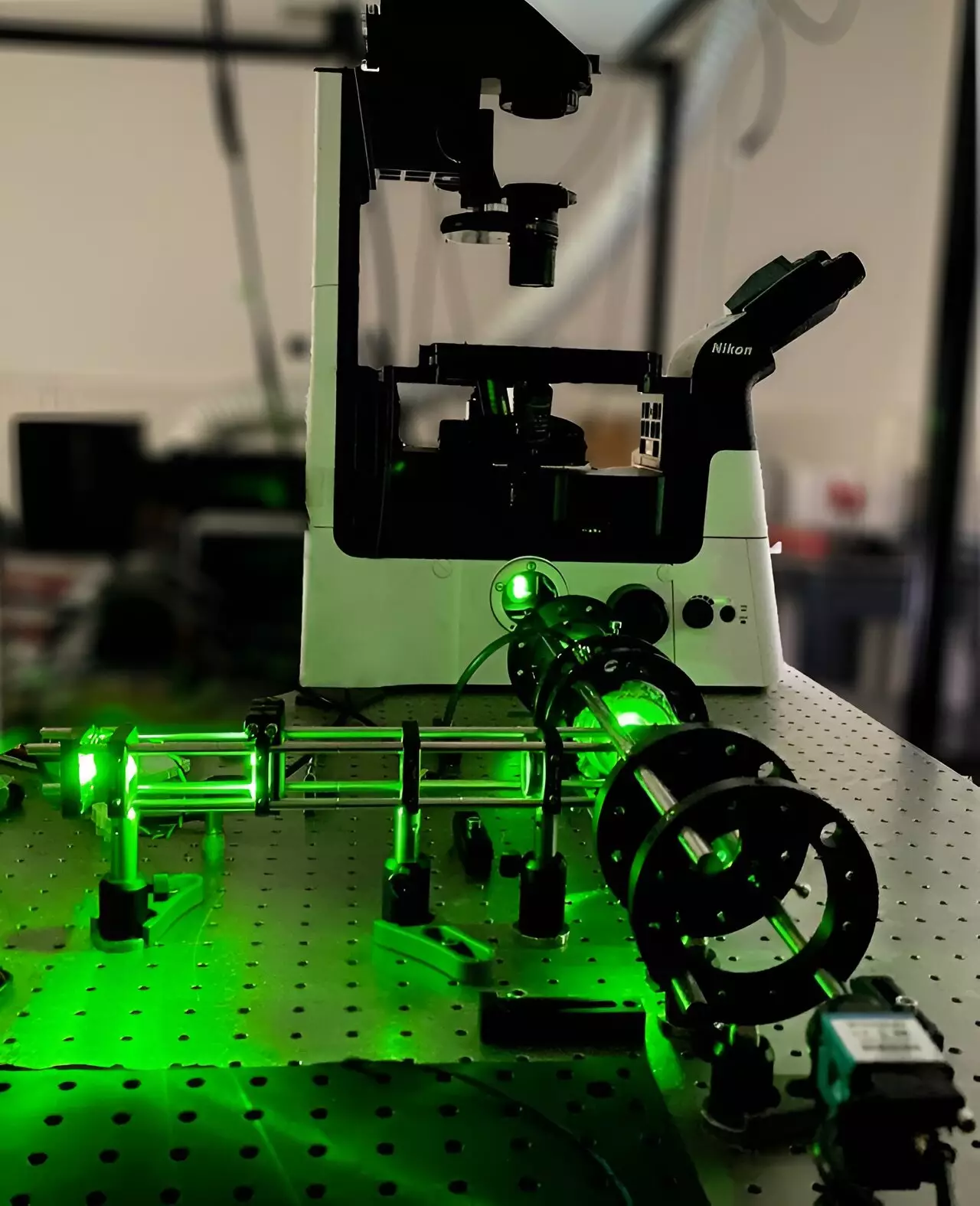A ground-breaking technology has been developed by a team of experts from the University of Barcelona and Sensofar Tech, aimed at obtaining three-dimensional images of study samples with speed, accuracy, and non-invasiveness. This innovative system surpasses current technological systems in identifying and recognizing objects in three dimensions, providing a significant advancement in the field of optical profilometry.
Optical profilometry, a method used in quality control and part inspection across various industries, has presented challenges in capturing the three-dimensional profile of objects efficiently. Traditionally, micro objects’ profiles are measured using microscopes, involving scanning the sample plane by plane, a time-consuming process. However, the new system introduced by the University of Barcelona team drastically reduces the acquisition time of image collection, revolutionizing the way 3D imaging is conducted.
Enhanced Performance and Speed
The innovative technology developed by the experts operates at the micrometer scale on relatively large samples in real-time, offering up to 60 topographies per second. This remarkable speed and spatial resolution set it apart from existing systems, which can only achieve such performance on thin samples or large samples with low resolution. The potential impact of this system lies in its ability to characterize dynamic processes, enabling the 3D characterization of rapid movements previously deemed impossible.
The implementation of this new technology involves intelligently interrogating the sample, a departure from the traditional approach of acquiring an image for each plane. By asking multiple planes simultaneously, the system significantly reduces the number of images required for accurate profiling. Rapid scanning of the sample and synchronization of pulsed light are key components of the methodology, utilizing an ultrafast liquid lens for scanning and an in-situ programmable gate array for signal generation and image capture.
The development of this technology, spearheaded by Professor Martí Duocastella and his team, is a testament to their dedication to innovation in optical profilometry. The study is part of an industrial doctorate program supported by the European Research Council (ERC), focusing on designing an optical profilometer based on light pattern projection. The team’s future work includes integrating this technology into other types of profilometers to enhance the accuracy and speed of 3D sample characterization.
The University of Barcelona’s innovative technology for 3D imaging represents a significant leap forward in optical profilometry. With its enhanced speed, accuracy, and non-invasiveness, this system has the potential to revolutionize quality control and part inspection processes in various industries. The dedication and expertise of the team behind this development promise further advancements in 3D imaging technology in the future.


Leave a Reply